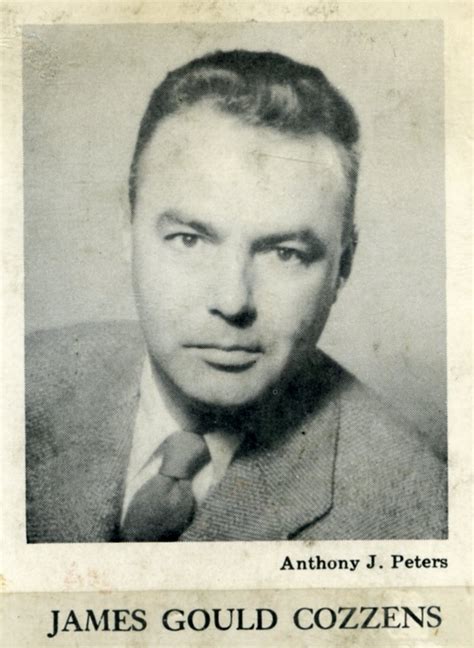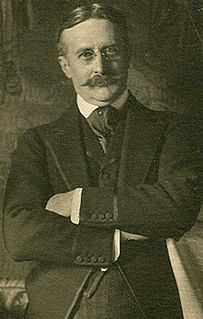A Quote by John C. Maxwell
Great communication depends on two simple skills-context, which attunes a leader to the same frequency as his or her audience, and delivery, which allows a leader to phrase messages in a language the audience can understand.
Related Quotes
I like the saying: "The world is as you are." And I think films are as you are. That's why, although the frames of a film are always the same - the same number, in the same sequence, with the same sounds - every screening is different. The difference is sometimes subtle but it's there. It depends on the audience. There is a circle that goes from the audience to the film and back. Each person is looking and thinking and feeling and coming up with his or her own sense of things. And it's probably different from what I fell in love with.
From the beginning, about the rude altar of the god, to the days of Goethe, of Leopardi, and of Victor Hugo, the poet is the leader in the dance of life; and the phrase by which we name his singularity, the poetic temperament, denotes the primacy of that passion in his blood with which the frame of other men is less richly charged.
Bailey might not have great intelligence or abilities, but his whole aim, thought and study was that of the born leader--to look out for himself; and he did it with that born-leader's confidence and intensity that draws along the ordinary uncertain man, who soon confuses his own interest and his own safety with that of the leader.
Developing excellent COMMUNICATION skills is absolutely essential to effective leadership. The leader must be able to share knowledge and ideas to transmit a sense of urgency and enthusiasm to others. If a leader can't get a message across clearly and motivate others to act on it, then having a message doesn't even matter.
Leadership is creating a state of mind in others. The difference between being a leader and manager, all due respect to managers, is that leaders have to create states of mind. But a leader, first of all, has to have a clear state of mind, which is usually her own vision, which energizes her, motivates others, and then creates that state of mind in others.
The boss drives people; the leader coaches them. The boss depends on authority; the leader on good will. The boss inspires fear; the leader inspires enthusiasm. The boss says I; The leader says WE. The boss fixes the blame for the breakdown; the leader fixes the breakdown. The boss says, GO; the leader says Lets GO!
The manager administers; the leader innovates. The manager has a short-range view; the leader has a long-range perspective. The manager asks how and when; the leader asks what and why. The manager has his eye on the bottom line; the leader has his eye on the horizon. The manager accepts the status quo; the leader challenges it.






































